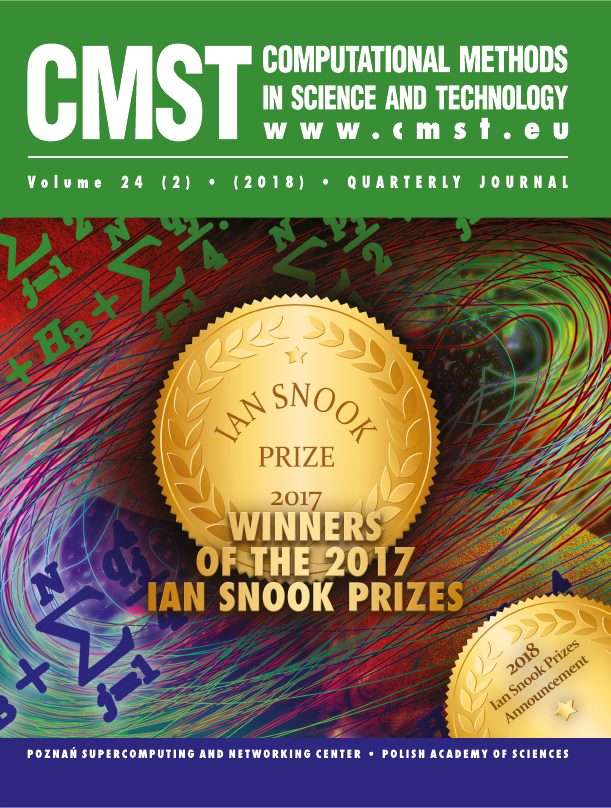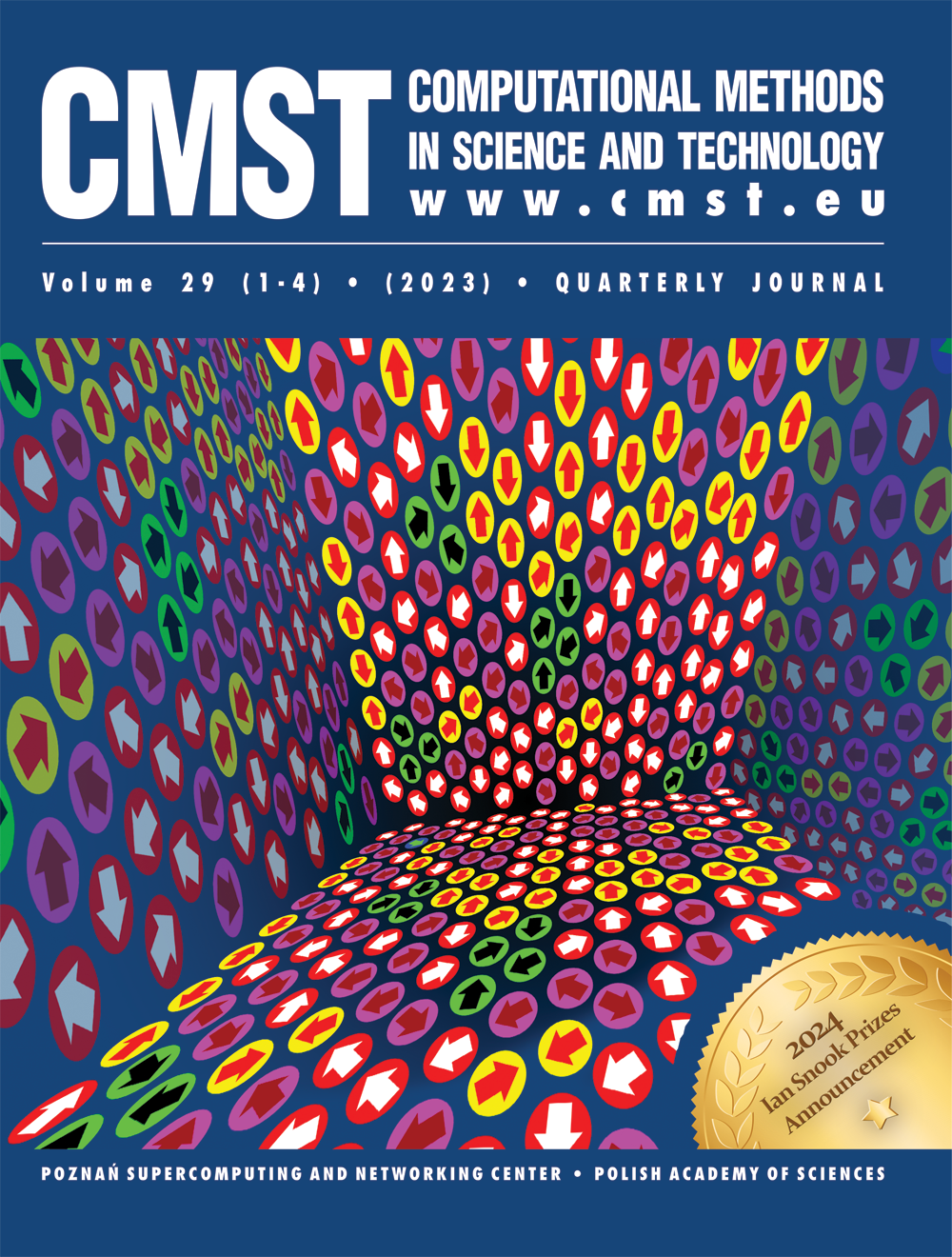DECODING MOLECULAR PROCESSOR INFORMATION
Quantum Chemistry Group, Department of Chemistry
A. Mickiewicz University, Grunwaldzka 6, 60-780 Poznań, Poland
DOI: 10.12921/cmst.1999.05.01.75-79
OAI: oai:lib.psnc.pl:502
Abstract:
There are non-imaginable resources of information inherently stored and naturally processed in the physical world. Eliciting and processing information does assume, as usual, the existence of the system (e. g., classic logical gates) suitable for operations or measurements performed. Meanwhile, the powerful chemical and other complex system conversions of information have not used implementation of this kind. Processes in living and non-living physical world run with immediate changes of the properties of objects constituting complex systems. We can detect the features of changing structures and thus to acquire the knowledge about environment. The main part of the structural properties and processes is however hidden though it can underlie important transformations. A massive information which is cumulated and processed
in structures of complex systems turns out to constitute a kind of a specific number processor. Thus, the information by which the molecular systems are loaded is to be elicited and transformed to the forms suitable for detection.
References:
[1] H. Haken, Information and Self-Organization-, Springer: Berlin (1988).
[2] F. Cramer, Chaos and Order; VCH: Weinheim, 1993.
[3] I. Bucur and A. Deleanu, Introduction to the Theory of Categories and Functors,
Wiley, London (1969).
[4] K. Kuratowski and A. Mostowski, Set Theory, PWN B North Holland, Warsaw (1976).
[5] H. T. Siegelmann, Science 268, 545 (1995).
[6] L. Schulz, J. Mol. Struct. (Theochem) 231, 367 (1991).
[7] L. Schulz, J. Mol. Struct. (Theochem) 187, 15 (1989).
There are non-imaginable resources of information inherently stored and naturally processed in the physical world. Eliciting and processing information does assume, as usual, the existence of the system (e. g., classic logical gates) suitable for operations or measurements performed. Meanwhile, the powerful chemical and other complex system conversions of information have not used implementation of this kind. Processes in living and non-living physical world run with immediate changes of the properties of objects constituting complex systems. We can detect the features of changing structures and thus to acquire the knowledge about environment. The main part of the structural properties and processes is however hidden though it can underlie important transformations. A massive information which is cumulated and processed
in structures of complex systems turns out to constitute a kind of a specific number processor. Thus, the information by which the molecular systems are loaded is to be elicited and transformed to the forms suitable for detection.
[1] H. Haken, Information and Self-Organization-, Springer: Berlin (1988).
[2] F. Cramer, Chaos and Order; VCH: Weinheim, 1993.
[3] I. Bucur and A. Deleanu, Introduction to the Theory of Categories and Functors,
Wiley, London (1969).
[4] K. Kuratowski and A. Mostowski, Set Theory, PWN B North Holland, Warsaw (1976).
[5] H. T. Siegelmann, Science 268, 545 (1995).
[6] L. Schulz, J. Mol. Struct. (Theochem) 231, 367 (1991).
[7] L. Schulz, J. Mol. Struct. (Theochem) 187, 15 (1989).



